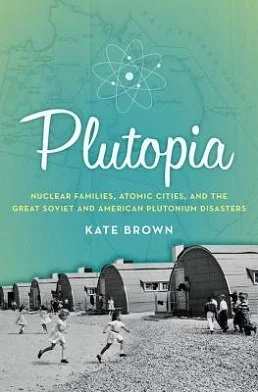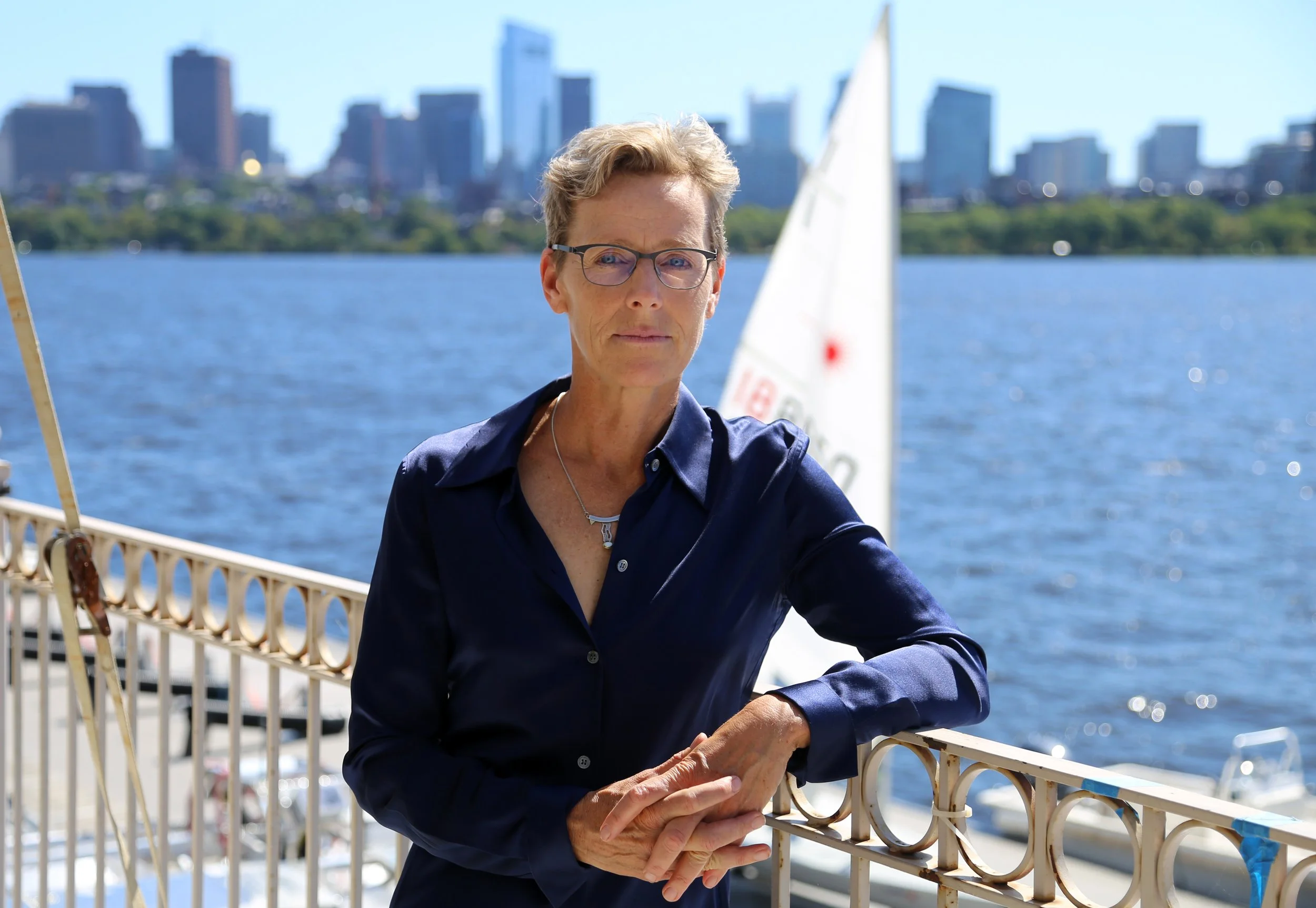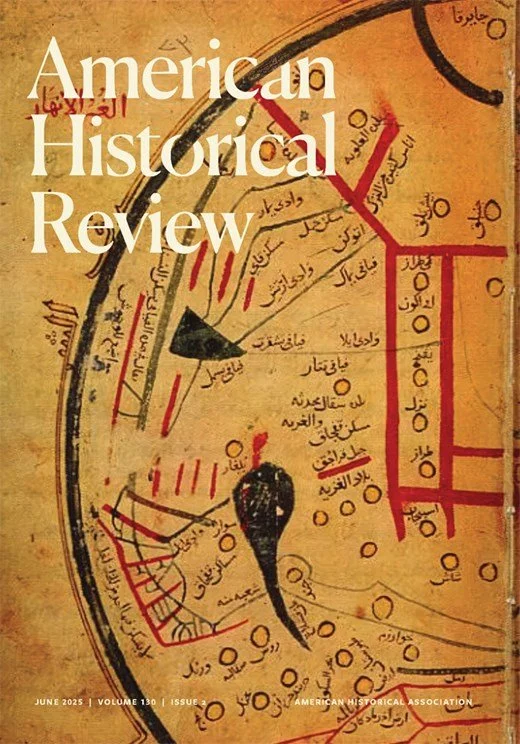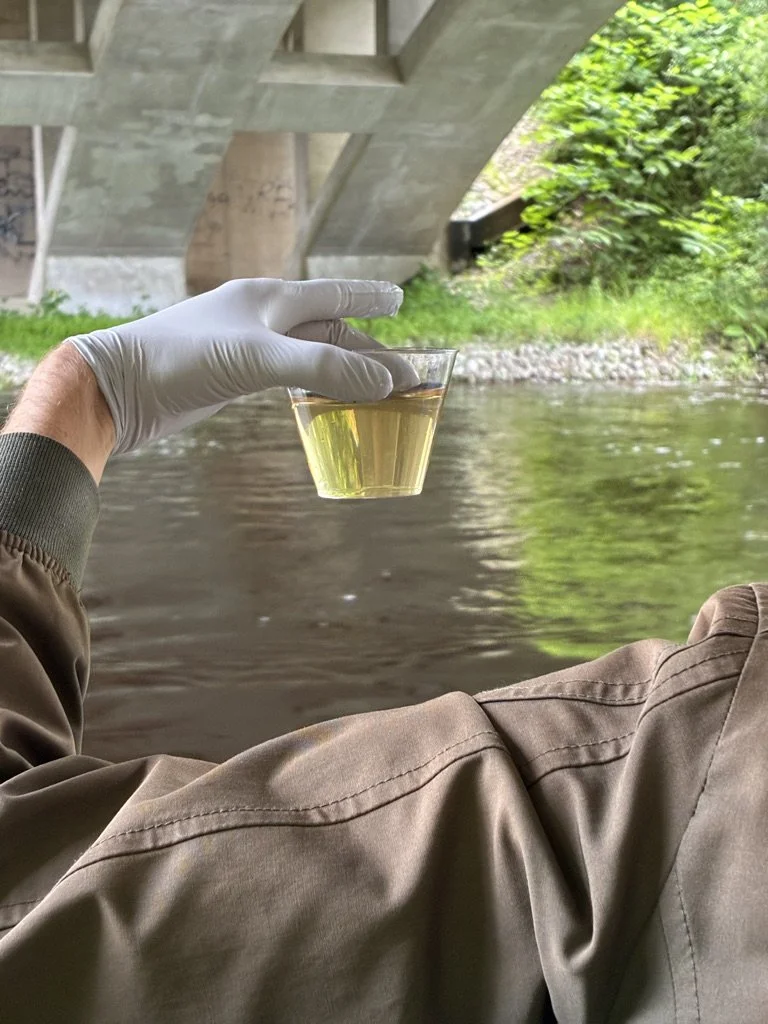Join me for the Tiny Gardens launch at Brookline Booksmith in Boston, February 17 @ 7pm
〰️
Join me for the Tiny Gardens launch at Brookline Booksmith in Boston, February 17 @ 7pm 〰️
FEATURED BOOK
From the eighteenth century to the twenty–first, the surprising history and inspiring contemporary panorama of urban gardening: nurturing health, hope, and community.
This manifesto for the next food revolution by acclaimed environmental historian Kate Brown speaks to nature lovers, food activists, social–justice warriors, urban planners, WOOFers, and the climate–concerned.
Ever since wage labor in cities replaced self–provisioning in the countryside, gardeners have reclaimed lost commons on urban lots. They composted garbage into topsoil, creating the most productive agriculture in recorded human history, without use of fossil fuels. The ecological diversity they fostered made room for human difference and built prosperity, too: in Nazi Berlin, working–class gardeners harbored dissidents and Jews; in Washington, DC, Black southern migrants built communities around gardens and orchards, the produce funding homeownership.
Grafting contemporary experience and concerns onto every historical chapter, Kate Brown creates a mesmerizing hybrid past and present, archive and experience, showing how down–to–earth gardeners can reap abundant harvests while fostering mutual aid and political engagement.
Tiny Gardens Everywhere: The Past, Present and Future of the Self-Provisioning City
MORE KATE BROWN BOOKS
UPCOMING TALKS
Tiny Gardens Everywhere explores how urban gardeners reactivated commons in European and North American cities in the long 20th century. Using the deluge of nutrients that flow into cities, working class gardeners regenerated wasteland, built the first garden city communities, and engaged in the most productive agriculture in recorded human history. Following the plants and microbes, urban gardeners also built mutual aid societies that advocated for rights not to liberty and the pursuit of happiness (who can eat that?) but to food, fuel and shelter; for equity and well-being for all.
MIT Museum (Boston, MA)
February 18
6:00 PM
Hudson Library (Hudson, OH)
February 19
6:30 PM
Back Cove Books (Portland, ME)
February 24
6:00 PM
Politics & Prose (Washington, DC)
February 28
6:00 PM
Harvard University (Cambridge, MA)
March 3
Flyleaf Books (Chapel Hill, NC)
March 6
6:00 PM
Lafayette University (Easton, PA)
March 25
4:30PM
Lehigh University (Allentown, PA)
March 26
New South Bookstore (Montgomery, AL)
April 7
5:30 PM
Carter Center (Atlanta, GA)
April 8
ABOUT KATE BROWN
Kate Brown grew up in Elgin, Illinois, a rustbelt community near Chicago. She attributes her attraction to modernist wastlands to a childhood in Elgin ghosting through empty buildings wondering who was the last to turn out the lights. Read more here.
Brown has an undergraduate degree from UW/Madison and a PhD from the University of Washington/Seattle. She started her career at UMBC in Baltimore. She is currently the Thomas M. Siebel Distinguished Professor in the History of Science at the Massachusetts Institute of Technology. Brown's work is distinguished by its combination of archival research, oral history, sensory observation, reflective autobiography, and innovative literary form in the writing of history.
Brown is the founding editor of History Unclassified, a section of the American Historical Review. History Unclassified enourages authors to cross boundaries, undermine binaries, and encourage experimentation in the AHR, the flagship journal of the historical profession. The idea of History Unclassified is to create a space for thinking differently about what forms history can take.
Kate Brown has written five books. Manual for Survival (2019), a ground-level study of the medical and environmental impacts of the Chernobyl nuclear disaster, was described by The Economist as “a magisterial blend of historical research, investigative journalism, and poetic reportage. In 2015, Brown published Dispatches from Dystopia, a collection of essays about the making and unmaking of historicaly narratives. She is the only historian ever to receive the United States’ highest scholarly prizes in Russian studies, U.S. history, Western history, environmental history, and the history of the Americas—all for the same work, Plutopia, a comparative study of nuclear production and social transformation in the Cold War United States and the Soviet Union. Brown recently completed a global history and future of urban farming called Tiny Gardens Everywhere (Norton and Bodley Head (UK) 2026). Brown’s first book, A Biography of No Place, is about the creation of ethnic identity and the cleansing of ethnic minorities in Ukraine during the Stalinist period.
Brown has been the recipient of many of the signature honors in the arts and humanities. These include fellowships from Guggenheim Foundation, the Carnegie Foundation, the National Endowment for the Humanities, the American Council of Learned Societies, the Netherlands Institute for Advanced Study, and the Berlin Prize Fellowship.
AWARDS
MANUAL FOR SURVIVAL: A Chernobyl Guide to the Future
• Finalist for the 2020 National Book Critics Circle Award in Non-Fiction.
• Silver Medal, Laura Shannon Book Prize, Nanovic Institute for European Studies, 2021.
• Finalist for Pushkin House Award, London, 2020. *Long list for Ryszard Kapuściński Award for Literary Reportage, 2020, Poland.
• Winner of the Marshal D. Shulman Prize in foreign policy, Association for Slavic, East European, and Eurasian Studies, Manual for Survival
• Winner of the Reginald Zelnik Prize in Russian/Eurasian history, Association for Slavic, East European, and Eurasian Studies, Manual for Survival
• Best Books of 2019, Boston Globe
• Best Books of 2019 by the New Statesmen
• Best Books of the Year 2019 by BBC History Magazine
• Best TV Book of 2019, Mail Online
DISPATCHES FROM DYSTOPIA: Writing History in Places Not Yet Forgotten
• Openbook Book of the Year Award for Translations, Taiwan, 2022
• Best Books We Read in 2016, Atlantic Monthly
PLUTOPIA: Nuclear Families in Atomic Cities and the Great Soviet and American Plutonium Disasters
• John H. Dunning Prize, biennial award for best book in history of the Americas, American Historical Association, 2015
• Albert J. Beveridge Award in American History, American Historical Association, 2014
• Ellis W. Hawley Prize, Organization of American Historians for best book in political History, 2014
• George Perkins Marsh for Best Book in Environmental History, Association for Environmental History, 2014
• Heldt Book Prize, The Association of Women in Slavic Studies, 2014
• Wayne S. Vucinich Prize, American Association for the Advancement of Slavic Studies, 2014
• Robert G. Athearn Prize, Western History Association, 2014
• Sejong Academic Book Prize, (South Korea), 2022
• Physics World, Top Ten Physics Books of the Year, 2014
A BIOGRAPHY OF NO PLACE: From Ethnic Borderland to Soviet Heartland
• George Louis Beer Prize for the Best Book in International European History, American Historical Association, 2005
• Heldt Book Prize, The Association of Women in Slavic Studies, 2005
• Wayne S. Vucinich Prize, American Association for the Advancement of Slavic Studies, Honorable Mention, 2005
MEDIA
On gardens and the Pandemic in the New Yorker
Reviews and essays in the Washington Post, TLS and Aeon
The best books on Chernobyl recommended by Kate Brown
Chernobyl is a warning, The Guardian
Interview with Mother Jones
Democracy Now on the War in Ukraine
Chernobyl at Thirty: How Attempts to Contain Radiation Failed, TIME
How the Atomic Age Left us a Half-Century of Radioactive Waste, TIME
Life in a Real Nuclear Wonderland, Slate
Interview on the Environment and Society Portal
Podcast with The Russia Guy
Interview on New Books in Science
“It’s Not Rocket Science,” Interview for the Toynbee Prize Foundation
GritX on blueberry picking in the Chernobyl Shadow
“The Big Secret in the Academy is that Most Research is Secret,” American Association of University Professors
Science for the People interview
Woodrow Wilson Center Smart Takes
“The Skeletal Remains of the Nuclear Anthropocene,” The Anthropocene Curriculum
FORUMS
Reviews of HBO’s Chernobyl, American Historical Review, Vol 124, no. 4 (October 2019): 1373-76.
Chernobyl at Thirty: A Special Edition Environment and Health Roundtable, Edge Effects
Roundtable on Plutopia, H-Environment
Roundtable on Plutopia, Second World Urbanity
Plutopia, History News Network
PROJECTS
History Unclassified, American Historical Review
Humans and the Microbiome, Canadian Institute for Advanced Research (CIFAR)













